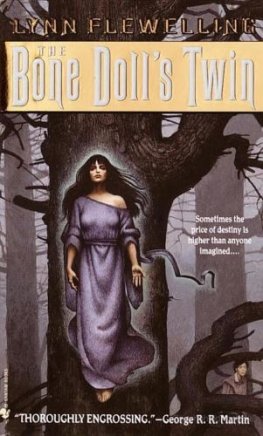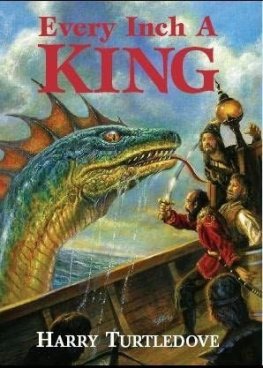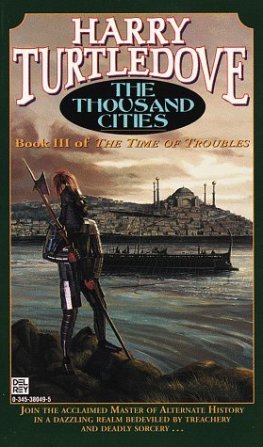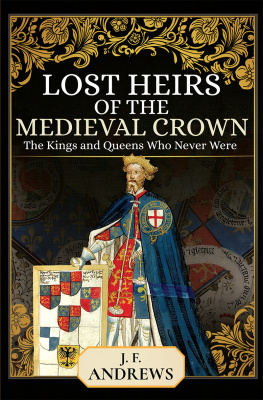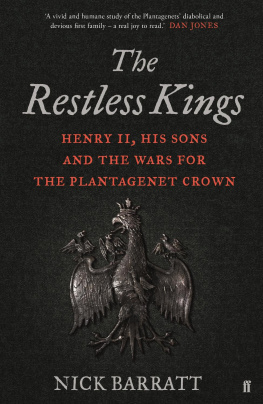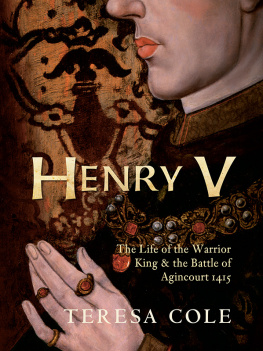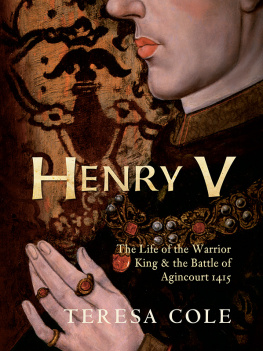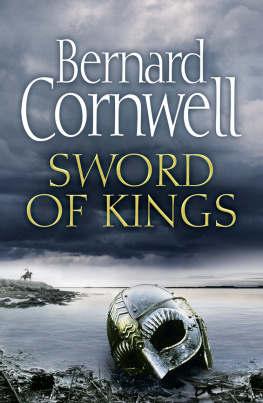The Stolen Throne
(Time of Troubles 1)
DEDICATION:
To the Redlines, father and son.
The events chronicled in the books of The Time of Troubles begin about 150 years before those described in The Tale of Krispos and thus about 650 years before those of The Videssos Cycle.
From the battlements of the stronghold, Abivard looked north across the broad sweep of land his father, Godarz, held in the name of the King of Kings. Out beyond the village that surrounded the stronghold, most of what he saw was sere and brown from high summer; only near the Vek Rud River, and in the gardens nourished by the underground channels called qanats, did green defy the blazing sun.
Off to the east, the Videssians, Makuran's longtime foes, gave reverence to the sun as a symbol of their god. To Abivard, the sun was too unreliable for worship, roasting the highland plateau of Makuran in summertime and then all but disappearing during the short, cold days of winter.
He raised his left hand in a gesture of benediction familiar to his folk. In any case, the Videssian god was false. He was as certain of that as of his own name. The God had spoken to the Makuraners through the Prophets Four: Narseh, Gimillu, the lady Shivini, and Fraortish, eldest of all.
"Whom are you blessing there, son?" a gruff, raspy voice asked from behind him.
Abivard whirled. "I greet you, Father. I'm sorry; I didn't hear you come up."
"No harm, no harm." Godarz let loose a few syllables of laughter, as if he held only so much and didn't want to use it all up at once. Abivard sometimes thought his father was a mold into which he himself had been pressed not quite hard enough. They had the same long, rectangular faces; the same proud noses; the same dark, hooded eyes under thick brows; the same swarthy skin and black hair; even, these past five years or so, the same full beards.
But Abivard's face still lacked the lines of character the years had etched across Godarz's features. The creases in his cheeks told of laughter and sorrow, the furrows in his forehead of thought. By comparison, Abivard seemed to himself a house not yet lived in to the fullest.
There was one furrow the years had not put in Godarz's face: the scar that seamed his left cheek came from the shamshir of a Khamorth raider. That mark vanished under his beard but, like a qanat traced by the greenery above it, a line of white hair showed its track. Abivard envied him that mark, too.
"Whom were you blessing?" Godarz asked again.
"No one in particular, Father," Abivard said. "I thought of the Four, so of course I made their sign."
"Good lad, good lad." Godarz was in the habit of repeating himself. Abivard's mother, Burzoe, and the dihqan's other wives teased him about it all the time. He always took it good-naturedly; once he had cracked, "The lot of you would be less happy if I hadn't cared to repeat my vows."
Abivard said, "If I asked the Four to ask the God to bless any part of this domain in particular, I suppose I should ask his favor for the flocks."
"You couldn't do better." Godarz thumped Abivard fondly on the shoulder. "We'd be poor-thieving nomads take poor, son; we'd be dead-without 'em."
"I know." Away from the river, away from the qanats, the land was too dry to support crops most years. That was true of most of the highland plateau. After the spring rains, though, grass and low shrubs carpeted the hills and valleys. Enough of the hardy plants lived on through the rest of the year to give fodder for sheep and cattle, horses, and camels. From those the dihqans-the lesser nobility-and all who depended on them made their livelihoods.
Godarz scratched at the puckered scar; though it was years old, it still sometimes itched. He said, "While you're about your prayers, you might do as I've done and beg the Four to give us another year of peace along the northern frontier. Maybe they'll harken to the two of us together; maybe they will."
His expression grew harsh. "Or maybe they won't."
Abivard clicked his tongue between his teeth. "It's as bad as that?"
"Aye, it is," Godarz said. "I was out riding this morning, giving the new gelding some work, and I met a rider homeward bound toward Mashiz from the Degird River. The Khamorth are stirring again, he says."
"A messenger from the King of Kings?" Abivard said. "Why didn't you invite him to refresh himself at the stronghold?" Then I'd have had a chance to talk with him, too, instead of getting my news secondhand, he thought.
"I did, son, I did, but he said me nay," Godarz answered. "Said he grudged the time; he'd stop to rest only at night. The news for Peroz King of Kings was that urgent, he said, and when he gave it me, I could but bob my head up and down and wish him the God's protection on his road."
"Well?" Abivard practically hopped with impatience and excitement. Concern rode his voice, as well; not too many farsangs east of Godarz's domain, the little Vek Rud bent north and flowed into the Degird. The frontier and the steppe nomads who dwelt beyond it were close, close.
"He learned why the tribes are stirring," Godarz said portentously. After another pause that almost drove Abivard mad, the dihqan went on, "The tribes are stirring because, by the Four, Videssos is stirring them."
"Here?" Abivard exclaimed. "How could that be?"
Godarz's face went harsh; his scar, normally darker than the rest of his skin, turned pale: rage. But he held his voice under tight control. "The Pardrayan plain runs east almost forever. Videssos could send an embassy across it-not quickly, but it could. And, by all the signs, it has. The God, for reasons best known to Himself, has made Videssos rich in gold."
Abivard nodded. His father's treasure horde had more than a few fine Videssian goldpieces in it. Every nation in the world took those goldpieces and was glad to have them. The corruption and deviousness of the Empire of Videssos were bywords in Makuran, but the imperials kept their coinage honest. No matter which Avtokrator's face graced a coin's obverse, it would be pure gold, minted at seventy-two to the pound.
Makuran coined mostly in silver. Its arkets were good money, but money changers always took a premium above their face value when exchanging them for Videssian gold.
"I see I've no need to draw you a picture in the sand, no need at all," Godarz went on. "The cowardly men of the east, not having the kidneys to fight us as warriors against warriors, bribe the nomads to do their work for them."
"They are no fit warriors, then-they're no better than assassins," Abivard said hotly. "Surely the God will open a pit beneath their feet and drop them into the Void, to be nothing forevermore."
"May it be so." Godarz's left hand twisted in a gesture different from the one Abivard had used: one that condemned the wicked. The dihqan added, "Vicious dogs that they are, they know no caste."
Abivard copied the sign his father had used. To his way of thinking, Godarz could have pronounced no curse more deadly. Life in Makuran pivoted on its five castes: the King of Kings and the royal household; the priests and the Seven Clans of the high nobility; the lesser nobles like Godarz-Makuran's backbone, they called themselves; the merchants; and the peasants and herders who made up the bulk of the populace.
The Seven Clans and the dihqans fought for the King of Kings, sometimes under his own banner, sometimes under one of the high nobles. Abivard could no more imagine paying someone so he could evade that duty than he could think of taking a knife and cutting off his manhood. He would lose it no more one way than the other.
Well, if the Videssians were hucksters even at war, the nobles of the plateau would surely teach the nomads they had bought where true honor lay. Abivard said as much, loudly.

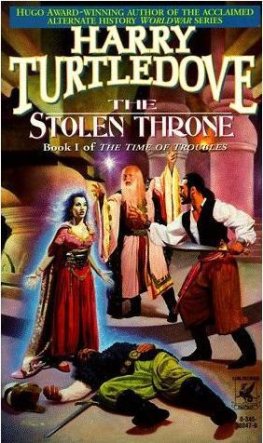
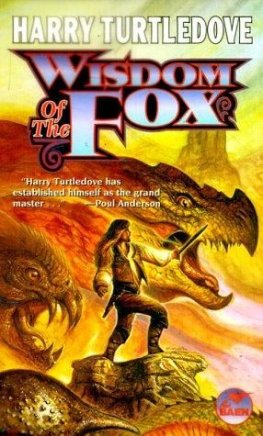

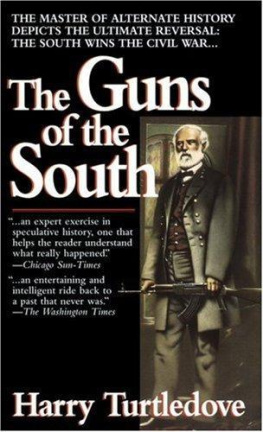
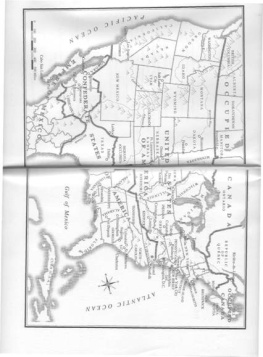

![Harry Turtledove - Worlds that werent : [novellas of alternate history]](/uploads/posts/book/79050/thumbs/harry-turtledove-worlds-that-weren-t-novellas.jpg)
